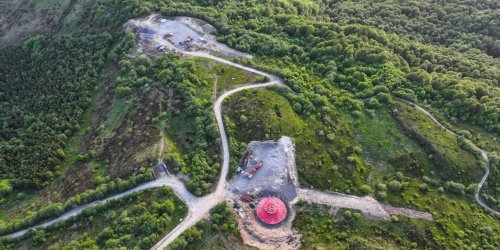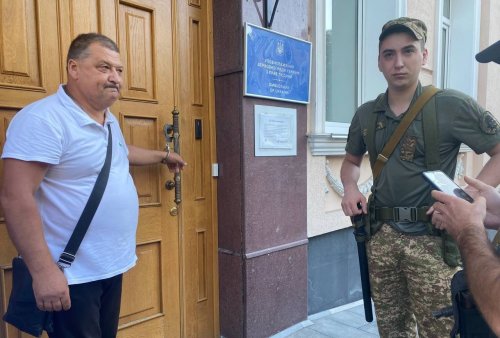In Ukraine from the numerous government initiatives on deregulation of environmental business undertaken during martial law, only two actually work - the ability to continue or obtain permits based on the filing of declarations and a moratorium on scheduled inspections.
Other important rules apply either only "on paper", or further complicate doing business, the analysis, - said Olga Boyko, coordinator of the Committee for Industrial Ecology and Sustainable Development of the European Business Association, reports EBA
Thus, there is no exemption from paying environmental taxes due to the non-adoption of the resolution of the Cabinet of Ministers on the list of territories where active hostilities are/were conducted, or those that are under occupation.
Although businesses have delayed the submission of reports and any other documents, companies need to comply with the environmental conditions specified in the conclusions of the EIA and carry out post-project monitoring during martial law. However, this is not possible due to the direct threat to life.
The work of the business is also complicated by the resumption of unscheduled inspections by the Ministry of Environment in the presence of a threat, which has a significant negative impact on environmental protection.
In addition, the uncertainty of the EIA procedure, the algorithm of which has changed three times since the beginning of the full-scale invasion, has a negative impact, and may continue to change.
Therefore, the business community, supporting the initiative of the Ministry of Economy and the State Regulatory Service of Ukraine on deregulation of doing business, calls for the completion of the above initiatives and to promote the implementation of the following steps in deregulation:
- Revision of the EIA implementation procedure (shorter terms, revision of types of activities, simplification of the requirements for the EIA report and environmental conditions of the EIA conclusion, transition to electronic document flow, postponement of post-project monitoring).
- Moratorium on scheduled and unscheduled inspections, moratorium on elimination of violations specified in the instructions, and elimination of legislative gaps during inspections.
- Moratorium on raising technological standards for emissions of pollutants from stationary sources.
- Settlement of the issue of the existence of territories on which it is planned to create objects of the nature reserve fund (NRF) in the list of subsoil areas, special permits for use of which are put up for auction.
- Settlement of land relations in the provision of subsoil use.
- Reducing the number of approvals in the field of subsoil use (mining allotment, approval by local communities of subsoil use, approval of the annual plan for the development of mining operations).
- Simplification of reporting (statistical, electronic submission).
Boyko noted that it was thanks to flexibility and less bureaucracy that Ukraine experienced the effects of the COVID-19 pandemic less painfully, although the uncertainty was enormous.
"Right now, four months after the start of the war, we are increasingly hearing rhetoric from some government officials calling for a return to pre-war regulation. Ukraine is now at the stage of war, and therefore the economy must be military. We can't even afford to hint at any delay for business,” she said.
Boyko also added that now, as never before, business and government must work together to maintain the economic front and do everything possible to keep business in the country. So it is important at least purposefully not to create obstacles to work.
We will remind, in SEI want to avoid pressure on business during and after the war.
As EcoPolitics reported earlier, Register of EIA work has been partially resumed in Ukraine.





